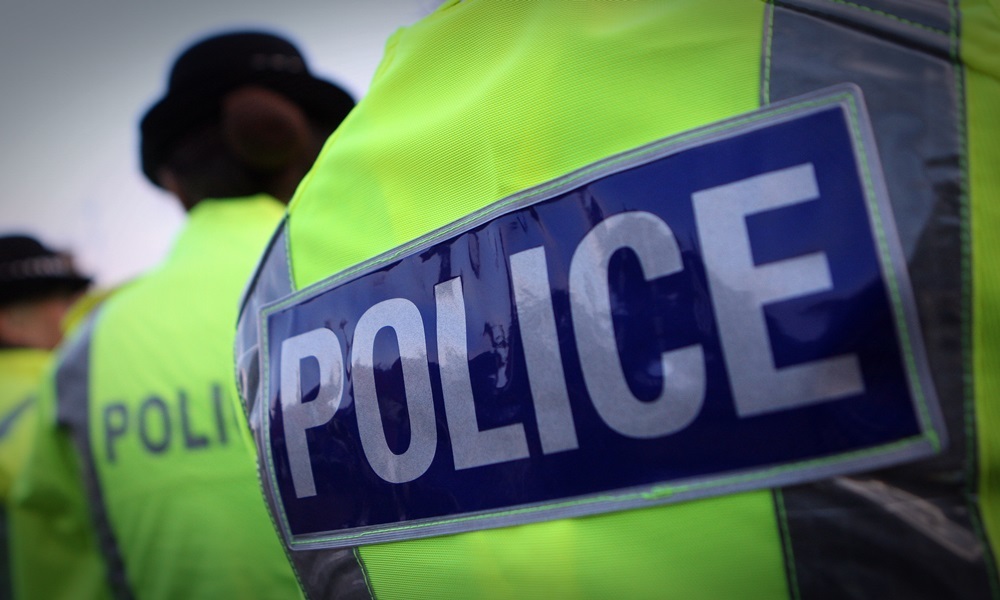There has been a sharp increase in the number of serious assaults committed in Dundee, a new report by Police Scotland has shown.
A total of 97 serious assaults took place between April and December last year, an increase of almost 28% on the same time period the year before.
Petty assaults also increased by 12.9% in the same period, with 1,728 petty assaults taking place.
Police Scotland noted that the increase might be explained in part by new “standards of recording” and also highlighted that the detection rate for serious assaults had improved.
Superintendent Graeme Murdoch said the “threshold” of what constituted a serious assault had changed, which might go some way in explaining why the number of serious assaults recorded rose.
He said the definition by which the police record a serious assault had changed
The report also notes that changes made to policing of the night time economy, under the Dundee SAFE programme, and the deployment of the Divisional Violence Reduction Unit has led to the increase in the detection rate and “slowed” the rate in which incidents were occurring.
They also added that the Tayside Intensive Support Service, an initiative set up to deal with violent crime, was also helping to slow the rate at which assaults occur.
The programme works closely with offenders and perpetrators of violent crime, helping them to “rehabilitate their offending patterns”.
The charity that works with victims of assault in Scotland, Victim Support Scotland, said they had also seen an increase in the number of “referrals” they were receiving from the police.
There was a reduction in the number of domestic abuse incidents reported to the police and the detection rate in domestic abuse incidents has increased slightly, with 83% of cases being detected.
The detection rate for hate crime and offences dropped, however there were no recorded instances of racially aggravated harassment during the same period.
Crimes of racially aggravated conduct saw a significant decrease in comparison to the same period in 2014 also.
The report said that keeping people safe in Scotland was a “key priority”, and that the “challenge” was “ongoing” in lowering the number of serious assaults.
